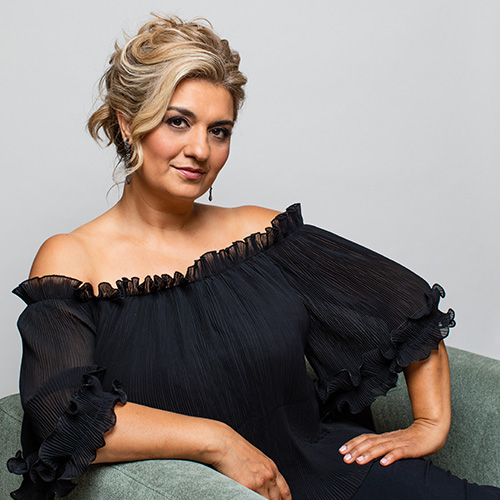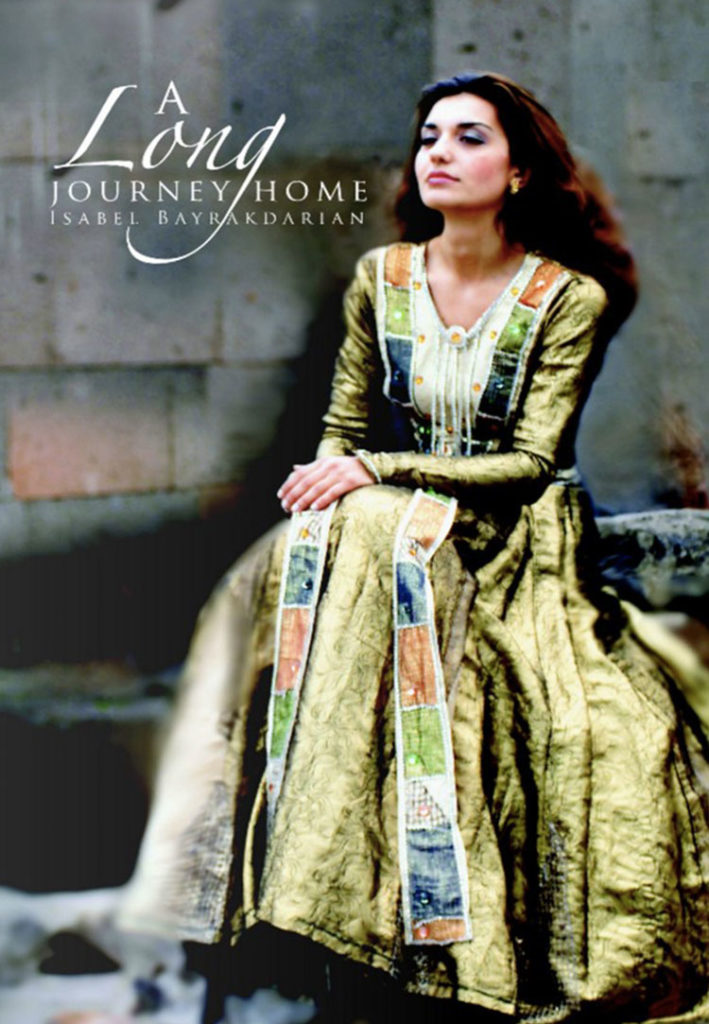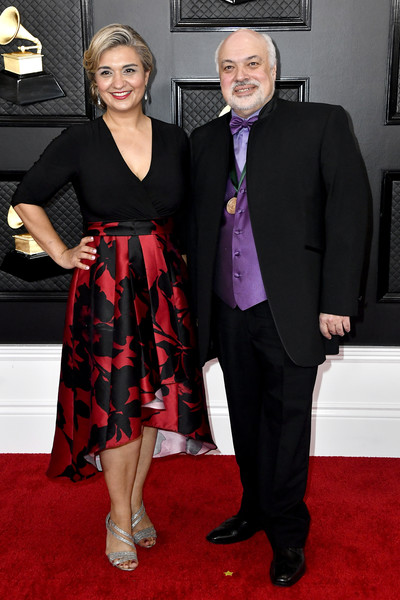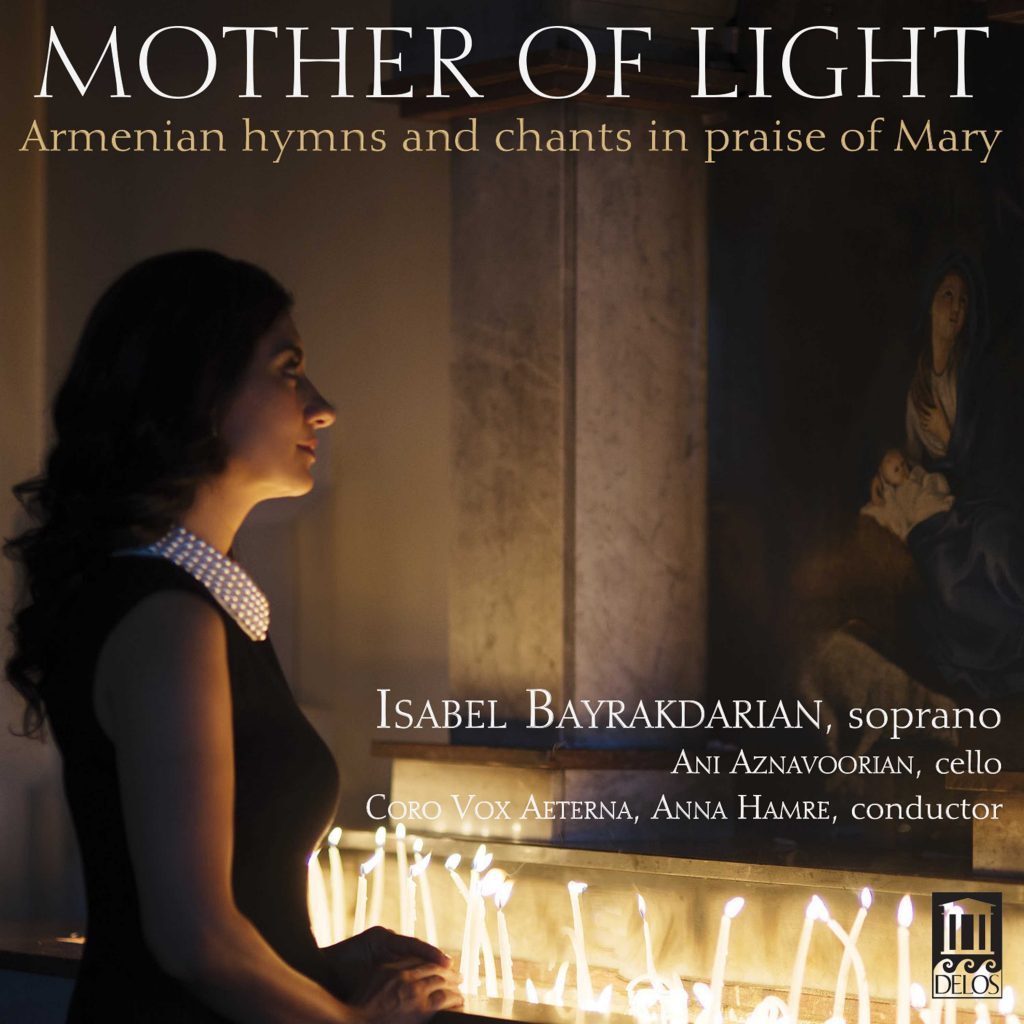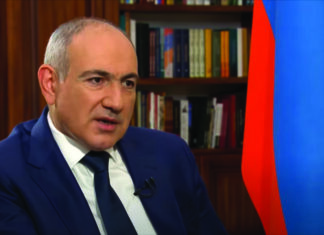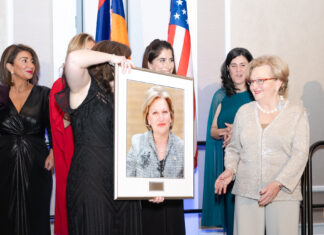SANTA BARBARA, Calif. — Soprano Isabel Bayrakdarian is thrilled to be teaching, singing and performing. She has just released a new CD featuring the music of three composers about King Tigran the Great.
The CD, titled “The Other Cleopatra: Queen of Armenia, Il Tigrane Arias,” features the music of Johann Hasse, Antonio Vivaldi and Christoph Gluck. The Kaunas City Orchestra of Kaunas, Lithuania, led by Russian-American-Armenian conductor Constantine Orbelian, accompanies her.
Armenians forget at times that Tigran the Great, born in 140 BC, created an empire that challenged Rome from the east. He ruled from 95 to 55 BC, and acquired and ruled through military prowess and clever alliances, including marrying the daughter of the king of Pontus, Mithridates VI, named Cleopatra.
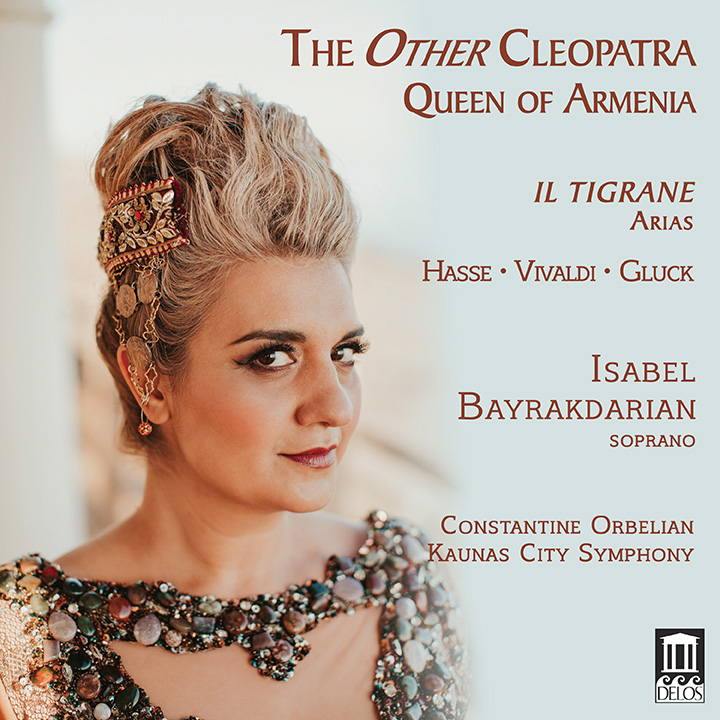
It is this Cleopatra who is being celebrated on this new CD.
“The whole thing has been truly serendipitous,” Bayrakdarian said. “Life is brining me full circle. [She is] My Cleopatra, her DNA is still in me! He [Tigranes] is our king of kings.”



